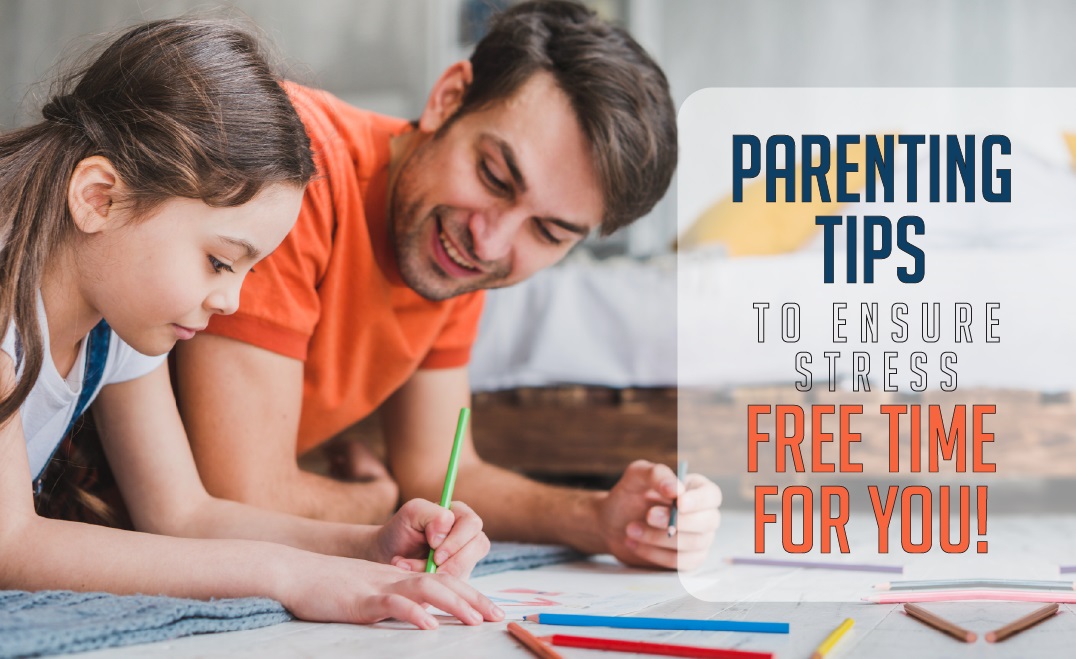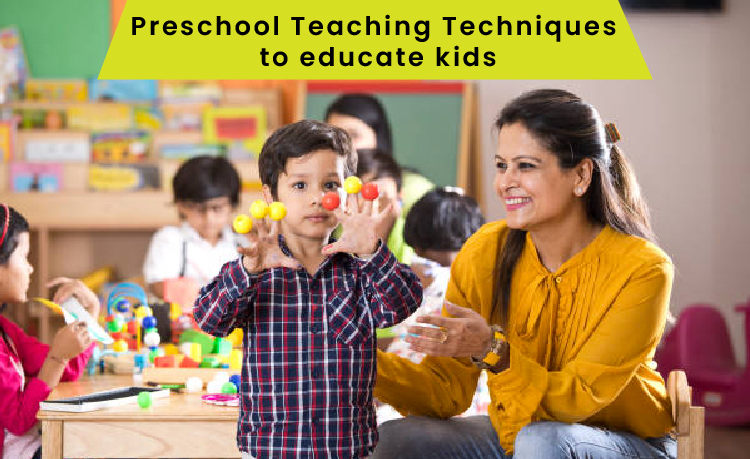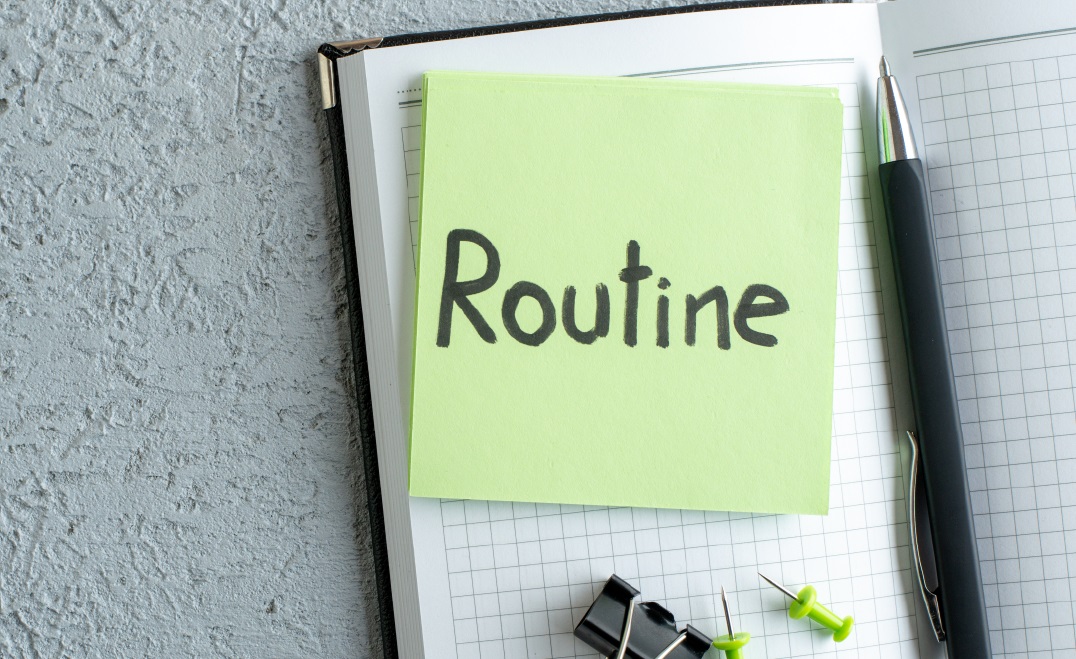
Parenting plays a very important role in a child's behaviour. We all know that children learn mostly by observing the people around them. Children pay close attention to everything we do and say, including our speech tone, expressions of rage, and other behaviour. They then imitate us in return.
Have you ever observed that your child attempts to walk the same way you do or addresses you by the same name as your spouse or partner does? You might have noticed that. It’s because kids collect information from their surroundings and their parents.
Children happily learn good things when taught with love, positive and constant guidance from you. When they act well, try to act positively and pay attention to them rather than reprimanding them when they don’t. By doing this, you will encourage them to adopt healthy behaviour and routines and stop them from growing apprehensive of you.
Tips for kids good behaviour
Be a role model
- Set an example for them by carrying it out first.
- For example, if you want them to say sorry for their mistake, say it yourself first.
- To teach them to be gentle, you need to act gentle first.
Emphasis Empathy
- Inform your children of your feelings over their actions. It helps them know your perspective.
- For example, I’m so upset that you shouted and threw a food plate at me at the party.
- It will help develop a sense of empathy in the kids.
Address their good behaviour
- Praise your kids with positive words when they behave well and good.
- For example, praise them when they share their toys with their friends or refrain from throwing fits while you're shopping.
Listen Actively
- Attentively listen to what your kid’s saying, and in response, tell them what you think about it.
- For example, if your kid tells you how sad he is because of his fight with a friend at school, tell them it’s okay to feel sad and sorry.
- Your response on the topic will make them feel acknowledged, respected, and comforted.
- It can help your child avoid sudden meltdowns.
- Keep promises
- Try to keep your promises, it builds a feeling of respect and trust in your kids for you.
- It also helps children to grow into individuals who think about their words carefully and keep their word.
- For example, if you have promised them a walk, make sure you take them for a walk.
- Be positive
- Keep your teachings, instructions, and answers short, clear and positive, as well as appropriate for your children’s age.
- Implement positive rules rather than negative rules.
- For example, prefer saying “please close the window” and not “don’t leave the window open.”
An important aspect of a child’s growth is learning social skills. Kids with strong social skills can interact pleasantly with others and effectively express their needs, desires, and emotions.
Here are some of the most important social skills every kid needs to learn: -
- Sharing
- Listening
- Cooperating
- Following directions
- Respecting personal space
- Making eye contact
- Using Manners




